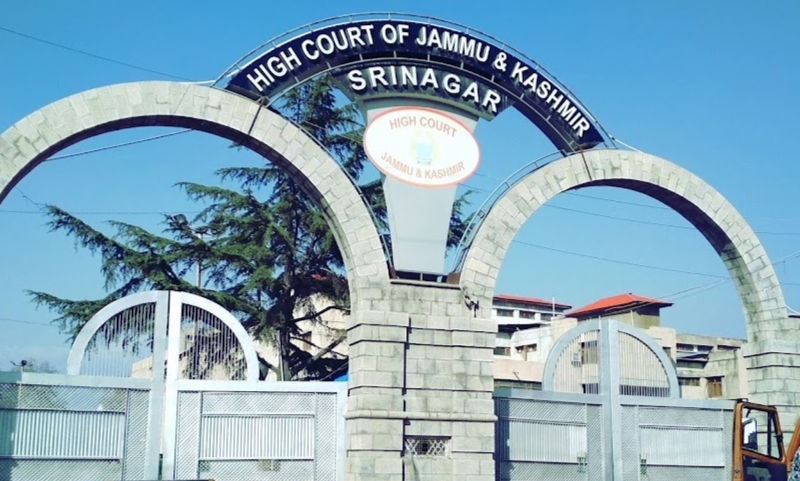In its bid to clear the backlog of old cases and improve access to justice, the High Court of Jammu & Kashmir and Ladakh has launched an ambitious action plan for 2023-24. The plan, approved by Chief Justice N Kotiswar Singh, targets a significant reduction in pending cases, specifically aiming to achieve zero five-year-plus cases by September 30th, 2024.A notification to this effect...

